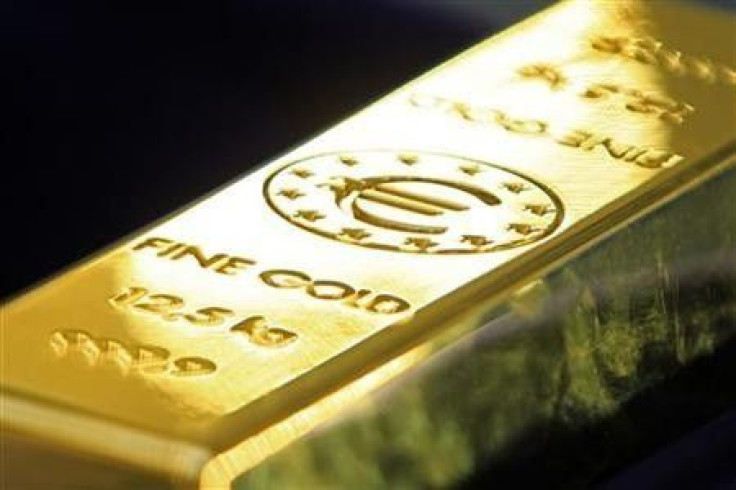Gold to Exceed $2,000/Ounce Next Year - Barclays Capital
Bears to Remain in Hibernation

The price of gold will top $2,000 per ounce next year as worries about massive national debts intensify, central bank buying of the yellow metal grows and broad investment demand accelerates, all in an environment of declining supply, Barclays Capital said Tuesday in a report.
"The gold market has undergone a number of fundamental changes that have supported successive highs over the past few years, rather than crashing back down as in 1980," the investment bank said, referring to the year that gold set an inflation-adjusted high. "We believe three key pillars are set to strengthen and drive prices further into uncharted territory, breaching the $2,000 per ounce milestone."
"First, a structural shift in macroeconomic insecurity on the back of the heightening of sovereign debt risks and credit downgrades," Barclays said. "Second, the sharp acceleration of broad investment demand after a mostly absent (first half of 2011). And, third, central bank buying has returned and from new corners in sizeable tranches, a trend that is set to continue."
Concerns about the the debts of the U.S., Spain, Italy and France plus the expectation that the U.S. dollar will continue to weaken all increase pessimism and drive flight-to-safety investing.
Increased central bank buying of bullion has "reignited gold's relevance as a monetary asset." Barclays identified Russia, China, Mexico, South Korea, Thailand and Tanzania as nation's that are buying or considering buying large amounts of bullion.
Barclays also said it expects the overall global supply of gold to tighten this year, further supporting the price.
So well grounded is the current rally in gold prices that it will overcome profit-taking by investors, increased margin requirements as regulators try to suppress gold price increases and seasonally soft physical demand, though such factors could periodically "temper" the rally, Barclays said.
The only things that could change gold's upward trajectory would be rising real interest rates, controlled inflation and a stable macroenvironment, the investment bank said.
© Copyright IBTimes 2024. All rights reserved.












